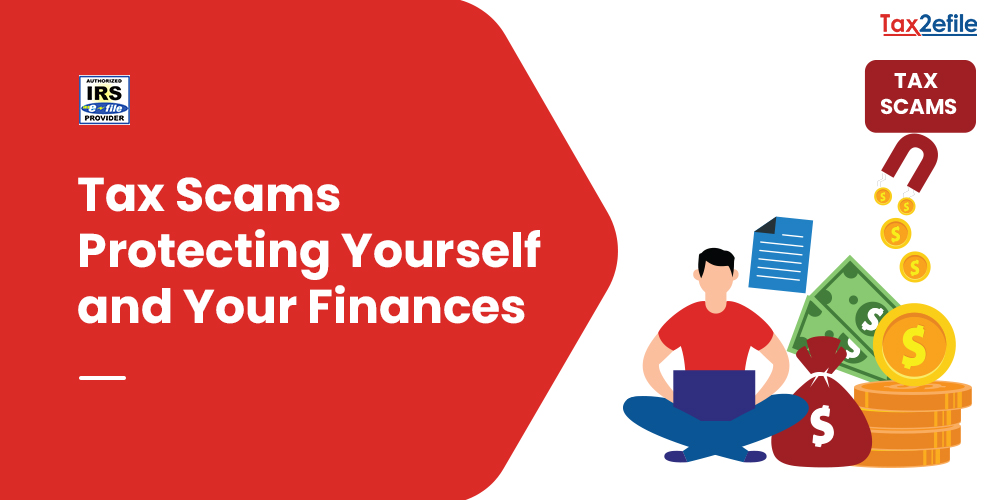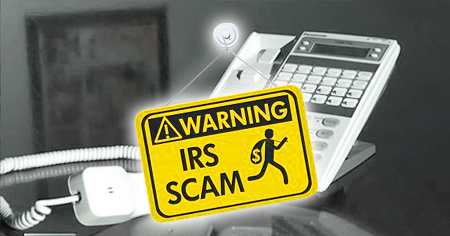- October 25, 2022

The IRS has recently announced its annual list of the world’s worst tax frauds, currently affecting the taxpayers of the United States. These frauds are known as ‘Dirty Dozens.
The IRS monitors tax scams all throughout the year. It notes that taxpayers can encounter these scams, on the list of dirty dozen at any time of the year. But they can easily fall prey to these scams during the tax filing seasons. The following is the overview of the ‘Dirty Dozens’ list for 2022.
IRS Dirty Dozens of Scams in 2022
- Making use of a charitable remainder annuity trust to eliminate the taxable gain:
According to this scam, the taxpayer will,
- Transfer property to the CRT
- They can claim a stepped-up basis for the property as if they have sold the property to the CRAT.
- The CRAT sells the property and does not recognize a gain.
- It uses the sales proceeds to buy an SPIA (single premium immediate annuity)
- Beneficiaries of SPIA claim that most of the annuity payments do not come under the taxation radar, as there is no return on the investment.
- Pension arrangements misusing treaty:
Citizens living in the U.S. can claim investment in foreign retirement funds as a pension fund under the U.S. tax law. This fraud involves retirement accounts in Malta, and other countries, with which the citizens have no connection.
- Foreign Captive Insurance:
This is a type of self-insurance, in which the insurance company offers legitimate tax benefits for small businesses. But some people use it for scamming purposes. In this fraud, U.S. business owners enter insurance contracts with entities in Puerto Rico, the center for international insurance.
- Monetized Installment Sales:
The scammers will misuse the installment sale rules, present in the federal tax law. The seller offers to sell the property for cash, but offers the property to the intermediary on an installment note. The seller will receive the full sales price but will report only some gain, following the installment method.
Pandemic Scams:
IRS identifies many tax scams that involve the Covid-19 situation to steal the personally identifiable information of the taxpayer or steal their money.
- Offers in Compromise Mills:
Many OIC mills give false promises that they can offer large refunds to clients. They often advertise tax preparation services with promises of saving taxpayers’ money.
- Suspicious communications:
The IRS does not text or call taxpayers to request information. But scammers use these methods to trick taxpayers into phishing attacks.
- Spear phishing:
The scammers also target tax preparing professionals, to steal the information and credentials of tax preparers.
- Concealing assets and improper reporting of digital assets:
Most taxpayers tend to hide their assets offshore, to avoid tax schemes. This is serious fraud and moving assets out of the country also comes under U.S. tax law.
- Several high-income individuals fail to file their tax returns, especially those whose annual income is over $100,000.
- Federal law gives charitable deductions to those who donate their land to charitable trusts. Scammers take advantage of such relaxations to avoid taxes.
- Scammers are convincing small business owners to join fraudulent schemes that resemble captive insurance
The scammers target the fears and hopes of the taxpayers. It is good to watch out for these tax scams and not fall prey to them.

